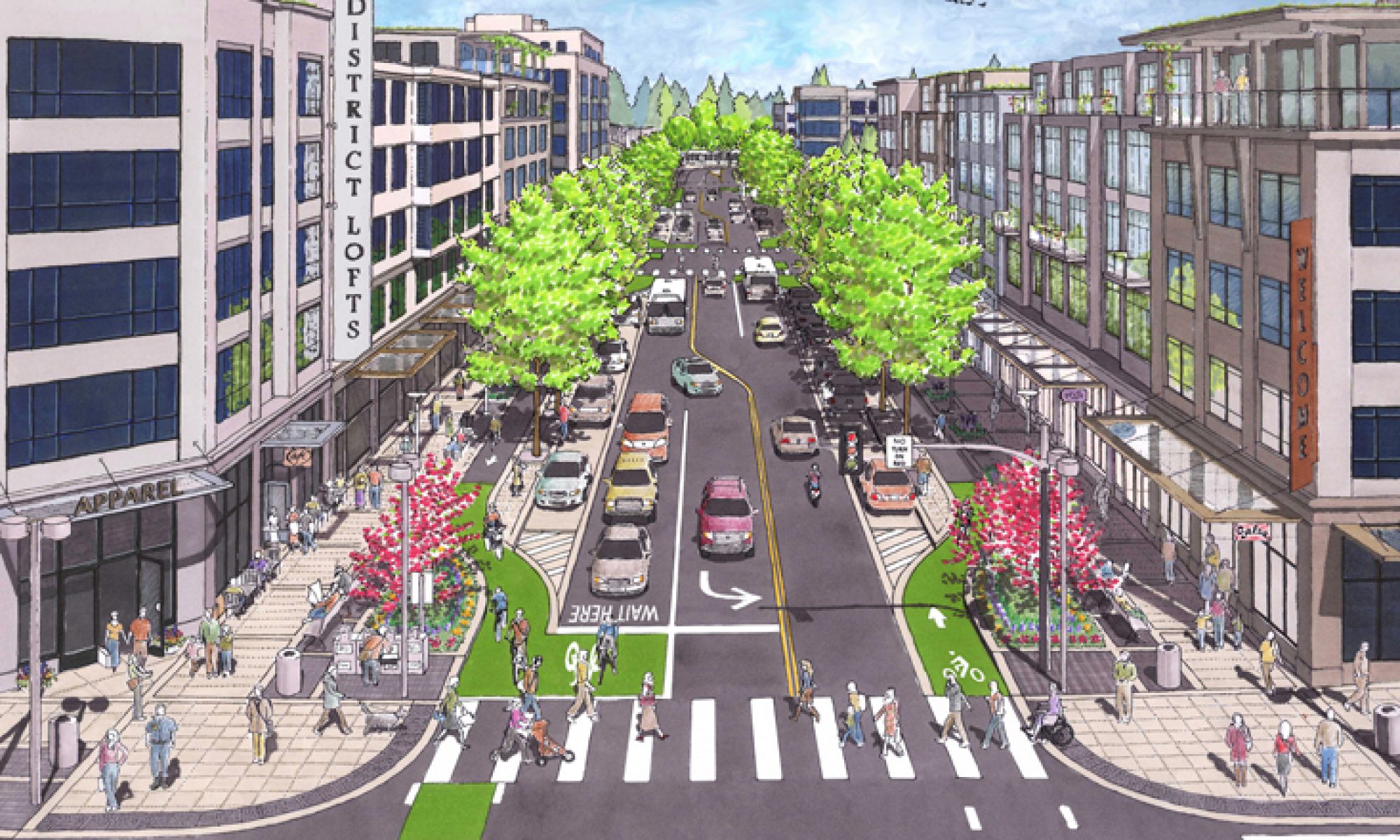There are no easy ways to describe 2020 as it comes to a close. In the past weeks writers have been philosophizing, analyzing, probing for meaning and grasping for lessons going forward. In Asbury Park we can learn from the mistakes made during these months during the pandemic. We’ve had false starts, beginning with rolling out a neighborhood Slow Streets program without enough community input, and quickly dismantling it. We made the great step of prioritizing people by implementing an Open Streets plan on Cookman Ave (with the hope of making it permanent), allowing foot traffic, outdoor dining and retail on the street between Thursdays and Monday mornings. Then a we sent a conflicting message that cars rule, advertising free holiday parking and welcoming drivers back. Asbury Park social justice advocates are working to limit police interaction in mental health calls and traffic enforcement. And Asbury Park Complete Streets Coalition is continually working with city leaders to make city streets safer and more livable, especially for the most vulnerable. None of it will be easy, and we are grateful for community support.
Onward to 2021.
Goodbye to 2020, a Truly Unimaginable Year for Sustainable Transportation
Let’s pause for a second and imagine that we could go back in time to Dec. 31, 2019, and tell sustainable transportation advocates what this year held in store for our movement.
Imagine how those hypothetical advocates would react if you told them that, within a few months, roughly two-thirds of all car traffic would abruptly vanish from U.S. streets.
Imagine what our former selves would say you if you told them that such a rapture would prompt countless cities across the country to transform roadways that used to be dedicated exclusively to private vehicles into places to play, move, eat, shop, learn, and more.
Then imagine their faces if you told them that countless other cities would do nothing at all, even as those wide-empty streets encouraged the drivers who remained to speed out of control — forcing per-mile car crash rates to a terrifying, 15-year high.
Read this great article:





